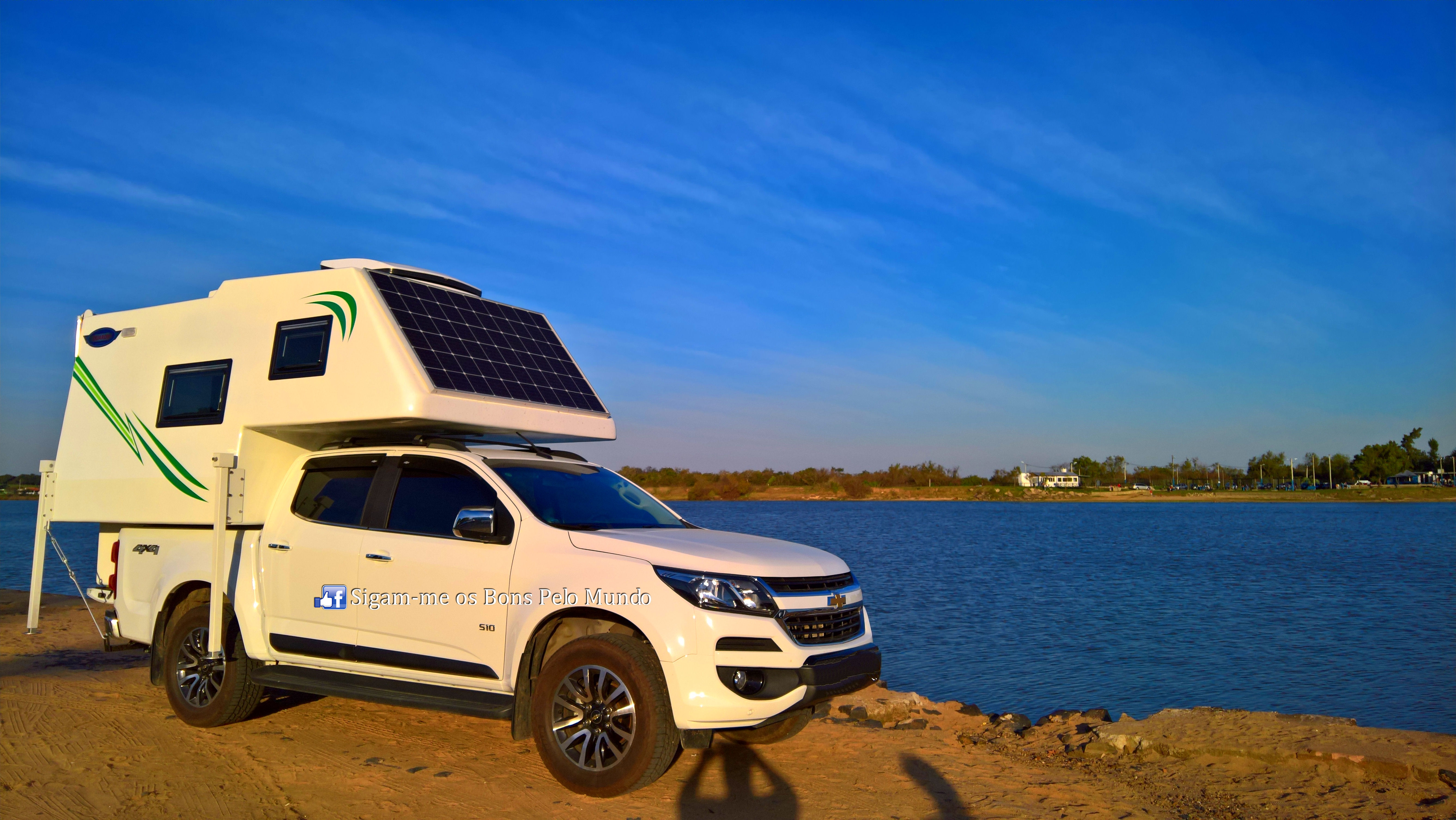I'm looking into buying a DC-DC charger for my truck camper, but I'm unsure which one. Here are the details of my setup:
- Truck: 6.5L diesel engine with 100A alternator, 2 AGM starter batteries (12V parallel)
- Camper: 200Ah LiFePO4 batteries, 8AWG wiring on the DC input
- Alternator outputs around 13.5V, LiFePO4 batteries need around 14.5V (i.e. stepping up the voltage is a must)
Based on those details, it seems like the Orion-Tr Smart 12/12-30 would fit the bill, but I'm concerned about the following:
1. Does the Orion-Tr Smart require a remote connection to operate, or can it switch on and off based on input voltage reading alone? I'm going to install the charger on the camper, so I won't have access to the ignition switch, so the only way to determine if the motor is running is by measuring the input voltage - can the Orion-Tr Smart do that?
2. Is 30A reasonable for 8AWG wiring with a 100A alternator? It seems to me like it would be OK, but the charger will be far from the alternator (probably around 5-10m of wire).
3. Is the Orion-Tr Smart the most cost-effective solution for my use case? Another option is the Orion-Tr (without the smart part), but I'm not sure if it can handle LiFePO4 charging.
Thanks in advance to anyone who can help me with this!

